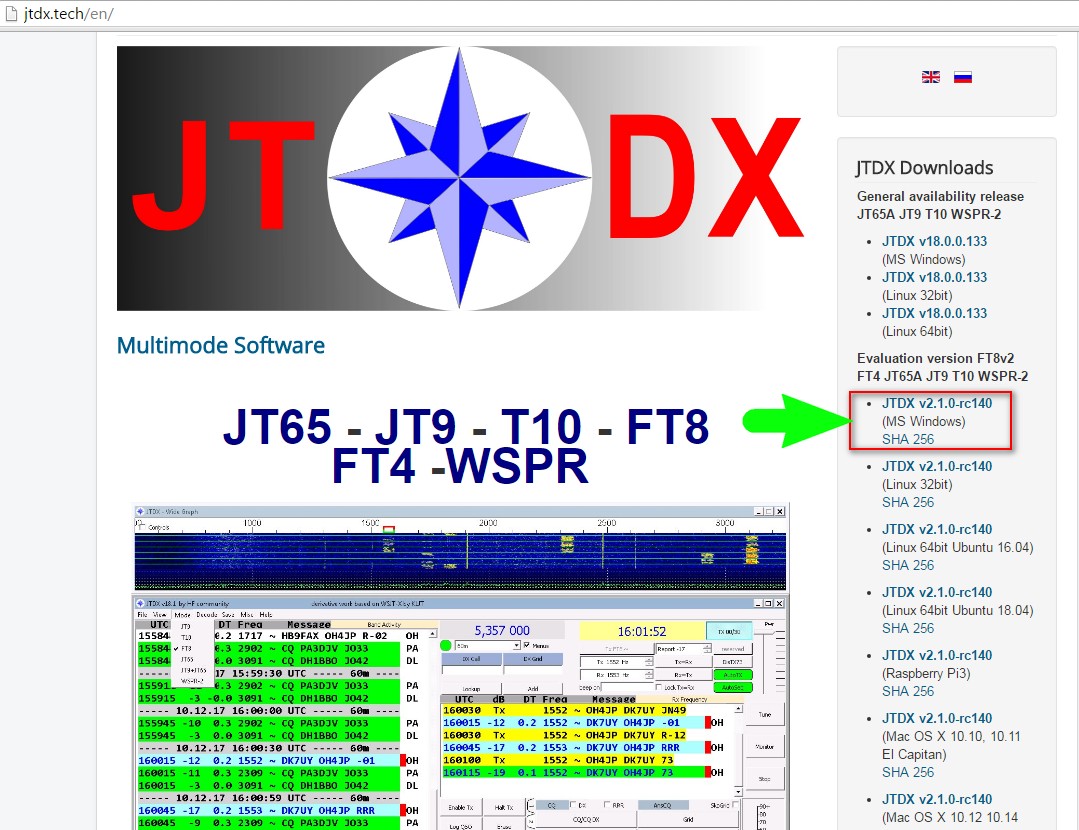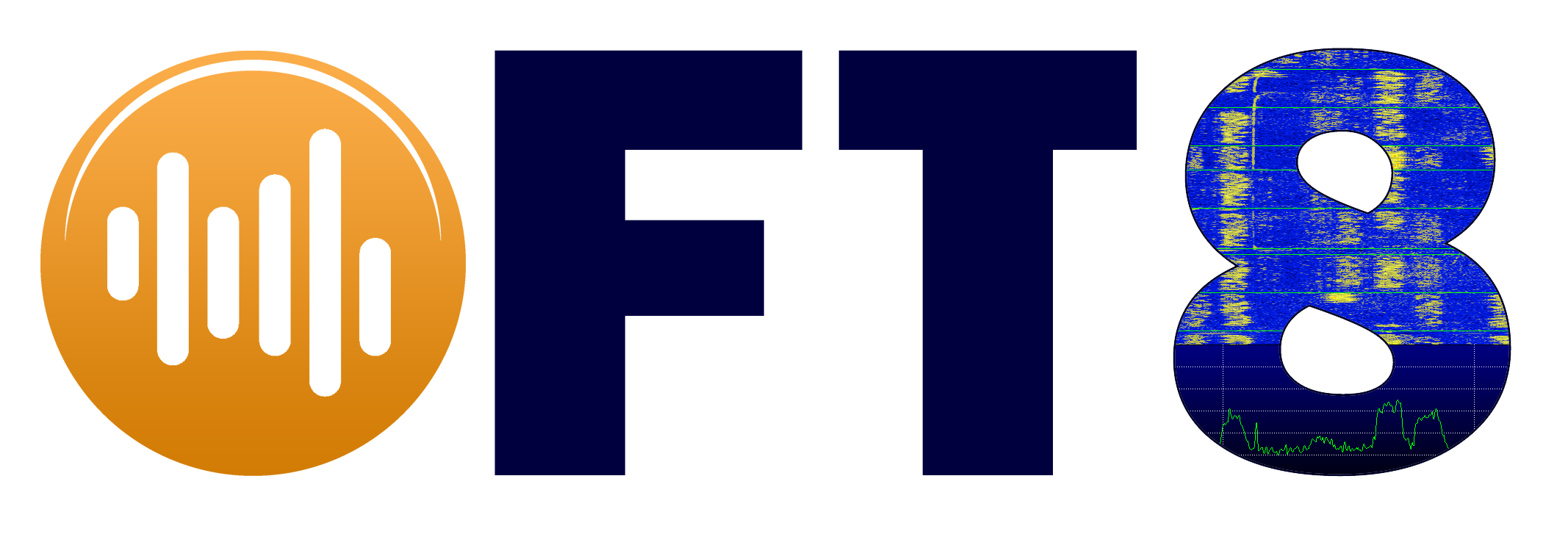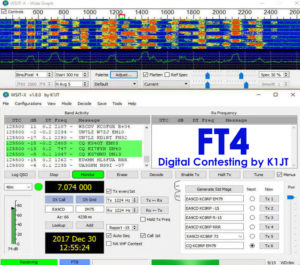
E’ stata rilasciata una nuova versione del software JTDX 2.1.0 rc140; novità di questa nuova release è l’inserimento del protocollo FT4.
Di seguito gli aggiornamenti inseriti nella nuova versione.
JTDX 2.1.0 Changelog rc140 overall changelog vs rc139:
– prevent displaying vertical lines in waterfall at low level of incoming audio signal for ‘Scale spectrum by median value’ option
– waterfall timestamp is moved to option for any mode but “JT9+JT65”, can be optionally shown on right side of the waterfall
– improved FT8 decoder efficiency and sensitivity
– fixed AutoSeq processing of the CQ messages transmitted by user without grid. Affects 1-st counter, own frequency recognition and some other parts of the code, important patch escpecially when using nonstandard or compound callsign.
– changed a little New DXCC priority exceptions
– fixed long lasting bug on Grid retrieving from log when incoming call with report is received
– added FT8 GFSK signal simulator
– added support for unpacking WWROF contest exchange messages
– Grid button in tab2 shall generate message with grid if first callsign in the message is nonstandard one
– implemented basic functionality of FT4 mode
– FT4 QSO shall be logged as mode MFSK / submode FT4 into wsjtx_log.adi and via TCP command. UDP log QSO command goes with mode FT4 and shall be parsed properly by an interacting software.
– optional AGC compensation functionality is implemented for FT4 mode
– improved FT4 decoding
– patch: occasional repeat decoding of the partially received interval is eliminated
– FT4 partial interval decoding implemented
– improved time synchronization at decoding of the partially received interval for all modes
– default value for TX delay is changed from 0.2 to 0.1 sec
– first part of compound callsign shall be used for prefix recognition if both parts have equal length
– LoTW users list is updated, cty.dat file is updated to version CTY-2914
– ALLCALL.TXT file is updated to 97476 callsigns using latest LoTW activity data
– installation package is built with the latest Hamlib changes as of October 4th, 2019 and previously made modifications


